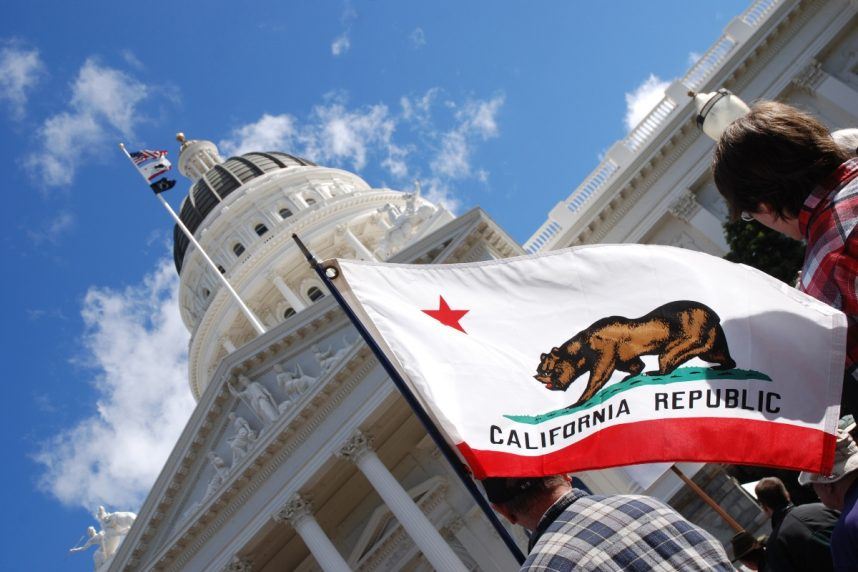California Class Action Suit Against FanDuel Dropped…For Now
Posted on: September 11, 2025, 09:47h.
Last updated on: September 11, 2025, 09:47h.
- Plaintiff voluntarily temporarily withdraws suit filed in July
- Could be a sign a settlement is in the works
The plaintiff in a California class action suit against FanDuel has voluntarily withdrawn his complaint, indicating that at least for now, the gaming company is avoiding prolonged litigation in the state.

Martin Beltran filed the suit in July, alleging that FanDuel’s daily fantasy sports (DFS) contests are wagering, not games of skill, and thus should be illegal in California because the state does not permit sports betting. Beltran brought the litigation on his behalf and those of “similarly situated Californians” in an effort to recoup money they believe the gaming company “unlawfully took from them.”
The suit filed in US District Court for the Northern District of California alleges FanDuel violated California penal code because it accepted client cash on events with contingencies or unknown outcomes.
Put simply, a company violates California Penal Code Section 337a when it engages in pool selling, bookmaking, or accepts or records any bets or wagers on the result of any contest and/or any unknown or contingent event whatsoever—including, without limitation, bets associated with the performance of persons, such as in fantasy sport,” according to a July legal document.
A unit of Flutter Entertainment (NYSE: FLUT), FanDuel has offered DFS games in California since 2015. In seeking a declaratory judgment, counsel for Beltran and the class claimed FanDuel violated California’s unfair competition law and the state’s Consumer Legal Remedies Act.
What’s Next in FanDuel California Legal Rift?
A Sept. 8 Notice of Voluntary Dismissal confirms that Beltran’s suit has been pulled, but FanDuel let the litigation be withdrawn without prejudice, meaning it can be filed again in the future. There’s also a tolling agreement in place, which allows the class to renew the litigation even after the statute of limitations expires.
Some legal experts consider the combination of voluntary dismissals and tolling agreements to be a sign the involved parties are working on a resolution. If a settlement cannot be reached, the tolling agreement allows the suit to be filed anew. Neither counsel for the class nor FanDuel have publicly stated that such talks are taking place.
It could also be worth noting that the Beltran suit didn’t focus on FanDuel’s purported attempts to exploit vulnerable bettors. Rather, the litigation emphasized the argument DFS operators run afoul of California law because sports betting was soundly rejected by voters there in 2022.
“In fact, as the California legislature re-affirmed in 2008, ‘no person in this state has a right to operate a gambling enterprise except as may be expressly permitted by the laws of this state,” said the Beltran suit, citing the state’s business and professional code.
Future of DFS Grim in California
Interestingly, the Beltran suit was filed in the same month in which California effectively banned DFS, deeming it an illegal form of wagering under state law. That could be somewhat problematic for smaller, DFS-dependent operators because California is the largest revenue driver for the DFS industry.
The ban is also another reminder that in California, tribal casino operators wield significant power regarding gaming expansion and if they’re not on board with offerings that run counter to their own interests, it’s a tough road to travel for the competition.
Tribal operators have exclusivity agreements with California, meaning they control matters of gaming expansion in the state. They also exert significant political influence in the state, implying it could be difficult for DFS operators to find favorable legal remedies for remaining in the Golden State.
No comments yet